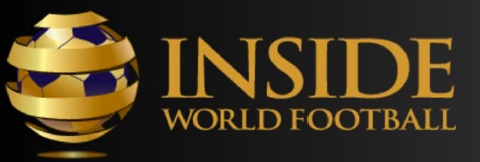The Sport Integrity Global Alliance (SIGA) has become an organisation. The eclectic grouping of consultants and lobby groups to sports organisers, formalised themselves as a Swiss association at a signing ceremony in London yesterday. They will set up permanent offices in the country.
The 24 founding members who put pen to paper are backed up by more than 80 further sports organisations described by SIGA variously as ‘Supporters’ or ‘Members’. The new organisation is now looking to recruit a full time staff, having been reliant to this point on the resources and goodwill of the ICSS and Dow Jones Sport in particular.
The support and influence of the other founding members (see list below) and ‘big’ sports and sports-related voices outside this group has been significant.
ICSS director Emanuel de Medeiros has been a powerful and passionate advocate of the need for SIGA. The current organising committee, led by de Medeiros as co-ordinator, will continue to push the development of the organisation through to its next General Assembly in July when a more formal staffing and board structure will be put in place.
This will also allow the group to formalise funding structures as well. With estimates of $30 million a year needed to fund the group’s ambitions and programmes, one suggested funding source by former UK sports minister Richard Caborn has been from rights buyers contributing a percentage of all rights acquisitions to a sport integrity fund. A big idea that will make many sports rights agents nervous and overstretched sports federations a little fearful for their own commercial revenue levels.
At the centre of SIGA’s mission is the encouragement to get sports bodes to follow their Universal Standards – based around three broad based pillars of good governance, financial integrity and sports betting integrity.
SIGA announced that it was developing pilot projects with four sports organisations – European Professional Football Leagues (EPFL), CANOC, ESIC and European Aquatics. Each will put in place SIGA’s Universal Standards and SIGA will also deliver bespoke training, education and capacity building projects for each of them. SIGA said: “These pilot projects will help inform SIGA on how to best support sports organisations in the future.”
One SIGA supporter said these standards could be developed to became a kite mark which sponsors used to judge the integrity of the sports body when making their sponsorship decisions. Sports federations would then potentially find themselves forced into a position where they had to join SIGA. For integrity in sports to actually take the next meaningful step then this kind of policy from sponsors would bring a jolt to the morning coffee around the sports world.
In a statement the SIGA Council said: “Today was a historic moment for SIGA as we showed the world that we truly are here to stay. We know that we are only at the beginning of our journey; however, we are confident of how much can be achieved by working with our members and the wider sports movement. It is only through collaboration that we can make a lasting and meaningful difference in safeguarding the integrity of sport.”

